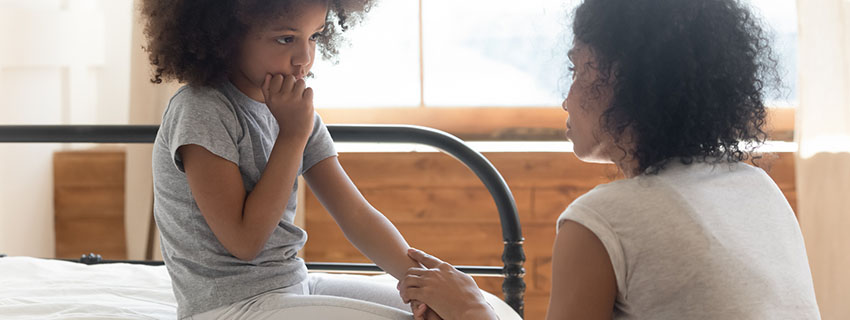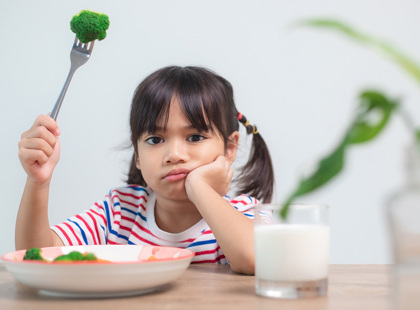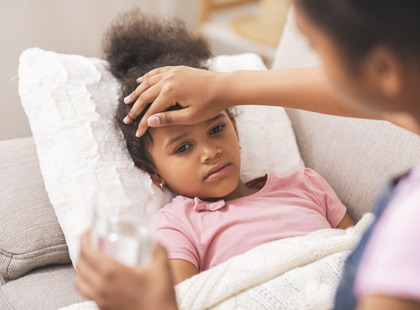
By Dr. Mary Margaret Gleason, Psychiatry and Psychology
From toddlers to teens to young adults, children look to their parents to feel safe and secure.
Dr. Mary Margaret Gleason, a pediatrician, child and adolescent psychiatrist, and vice chief of the CHKD mental health program, shares some tips for getting through these talks and helping kids manage their distress following a traumatic event.
How can we talk with children about the mass shooting in Chesapeake?
Talk to your child using words and concepts that match their development and age. Stories in the media and memorials may prompt questions.
One of the most important things to remind children is that mass shootings are rare. We are inundated with media coverage and conversations to make sense of these tragic events. For some kids, that can make it feel like it happens more frequently than it does.
The big question of “Why?” is almost never answered to anyone’s satisfaction. For older children, it can be a life lesson about the challenges of having unanswerable questions in the world. Younger children may ask questions about death and dying or their safety. Telling them the truth, but not necessarily the whole truth, is the rule of thumb. Parents can share their own family or cultural beliefs, acknowledging that these are complicated questions, and no one has all the answers.
What are common reactions for children?
Common reactions to tragedies depend on how connected the child feels to the event and how it may influence their life.
Some children might experience anxiety or panic attacks, mood swings, irritability, extra worries, and even sleep difficulties for a few days.
Red flags include talking about sadness, depression, self-harm, retaliation or harm to others, or anxiety that interferes with going outside or participating in family routines.
Any child with persistent symptoms or whose response to the recent tragedy doesn’t lessen in a few days should be seen by their pediatrician or a mental health provider.
Helpful Links
The National Child Traumatic Stress Network (NCTSN)
- Age-Related Reactions to a Traumatic Event
- Talking to Children About the Shooting
- Psychological Impact of the Recent Shooting
American Academy of Pediatrics
Sesame Street Resources For Families with Younger Kids






